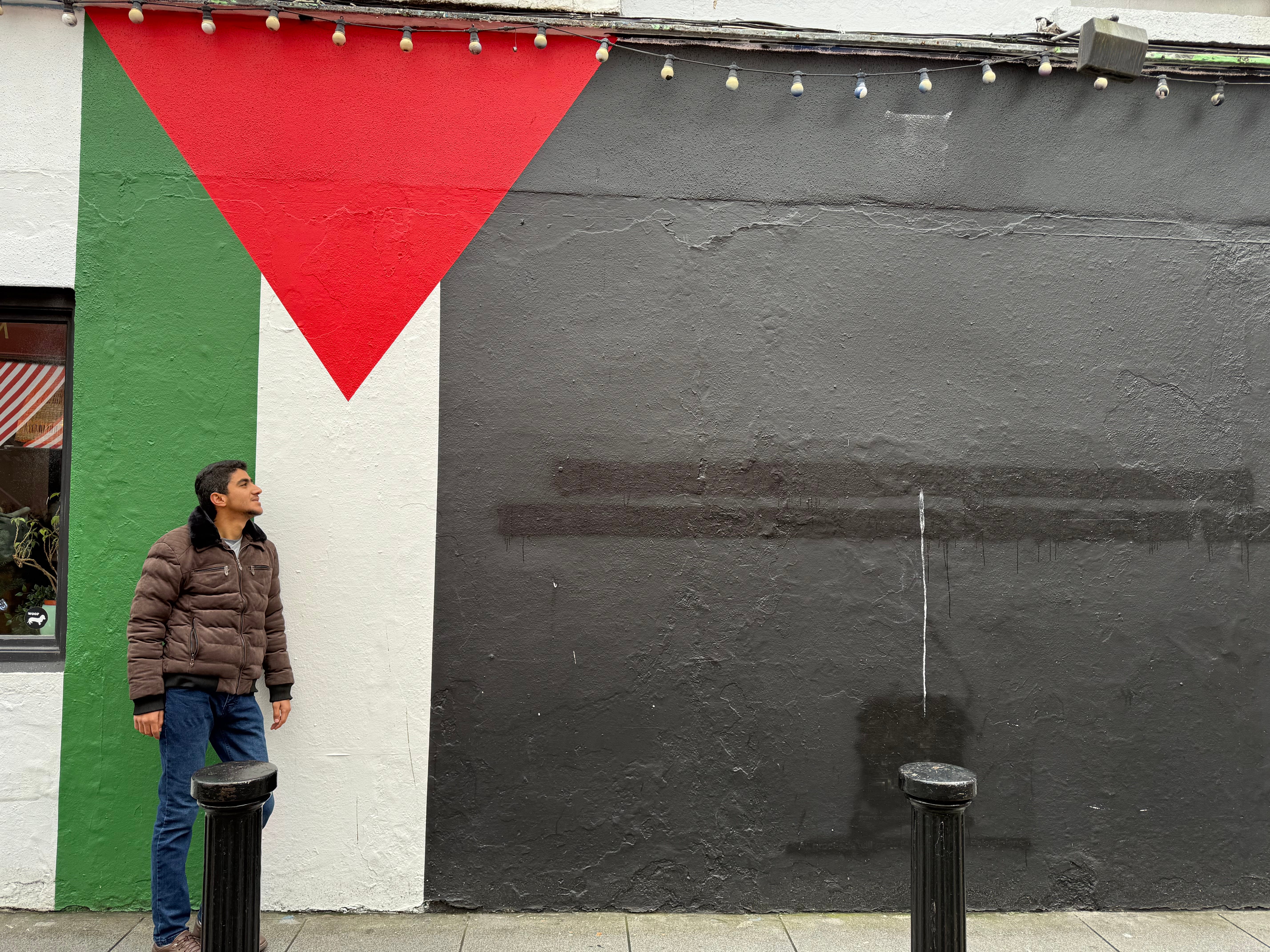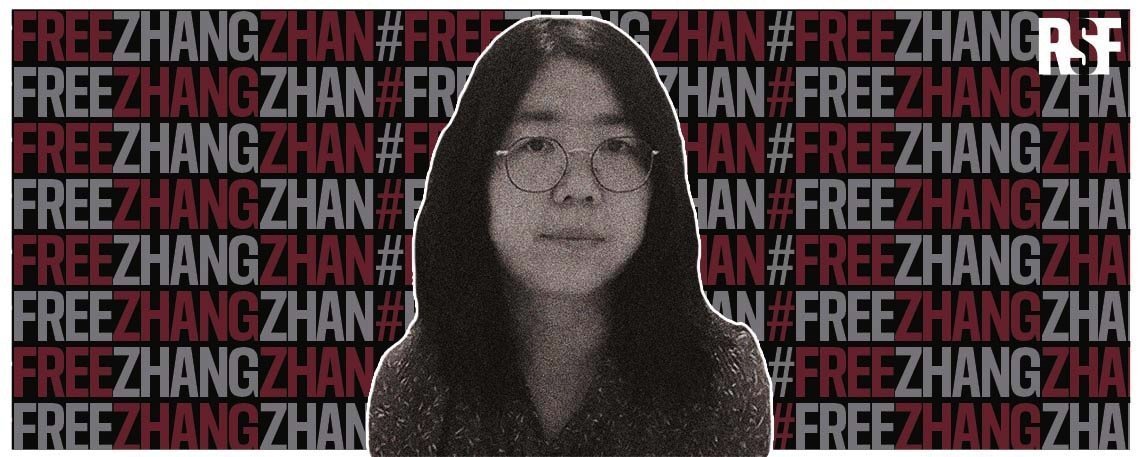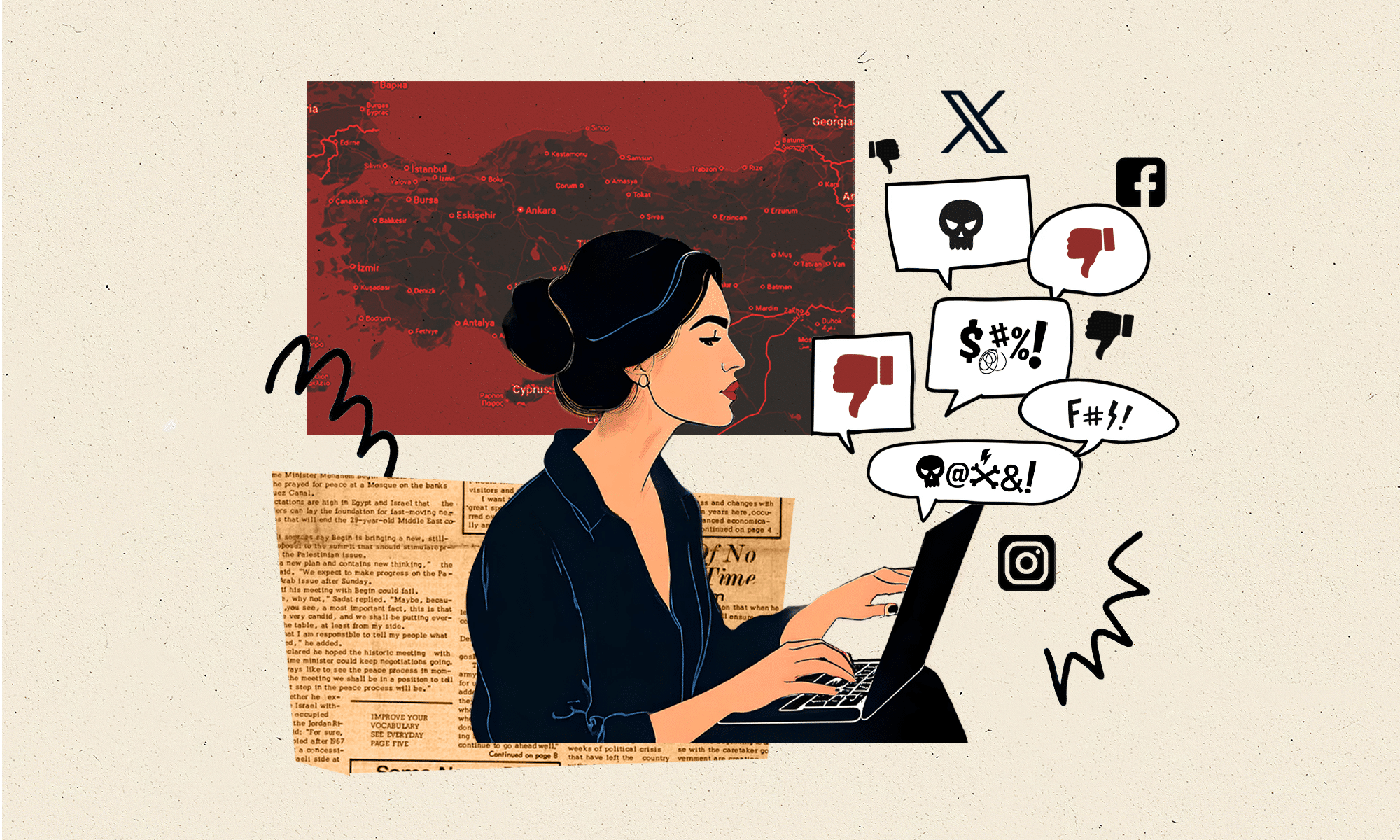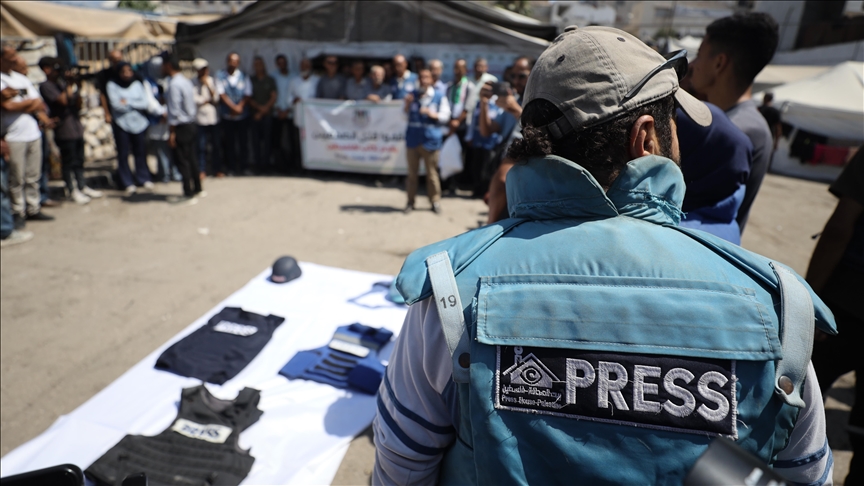
Palestinian Journalist Abubaker Abed Reflects on Leaving Gaza Amid Crisis
May 14, 2025
Fears Mount for Chinese Journalist Zhang Zhan’s Life After Release Remains Unclear
May 14, 2025May 14, 2025 – Turkey –
Turkish women journalists continue to face relentless online abuse, fueled by a persistent culture of impunity and insufficient institutional protection. A recent investigation reveals that coordinated attacks, including sexist slurs, threats of violence, and digital harassment, are increasingly used to silence female voices in journalism. These attacks not only threaten the physical and emotional well-being of journalists but also undermine press freedom in Turkey.
A 2025 report by the International Press Institute (IPI) highlights that nearly all women journalists surveyed in Turkey have faced some form of online abuse. Many described receiving targeted harassment, including sexually explicit messages and death threats, often orchestrated by trolls aligned with political or ideological groups. Despite the widespread nature of the problem, there remains little accountability for perpetrators, and media organizations are often unprepared to support targeted staff.
The European Centre for Press and Media Freedom (ECPMF) adds that while women journalists show remarkable resilience, working under such hostile conditions is unsustainable. Many women have adopted coping strategies, including self-censorship or leaving journalism altogether. Feminist journalists note that the patriarchal structure of both society and media institutions exacerbates their vulnerability, as their credibility and authority are often questioned solely based on gender.
The legal and institutional response remains inadequate. Turkish authorities have failed to prosecute most cases of online harassment, allowing aggressors to continue their attacks with impunity. While some media outlets have begun implementing basic support systems, like anonymous reporting mechanisms and digital safety workshops, these efforts remain sporadic and underfunded.
Civil society organizations are stepping in to fill the void. Feminist groups and press freedom advocates are calling for a unified, systemic approach that includes legal reform, stronger protections from media employers, and greater public awareness. They argue that confronting gender-based violence in journalism is not only about protecting individuals but about safeguarding the integrity of democratic discourse.
As online spaces continue to be weaponized against women journalists, the need for coordinated resistance, institutional backing, and feminist solidarity grows ever more urgent in Turkey’s shrinking space for free expression.
Reference –
“Resisting together means living together” – Female journalism in Turkey




